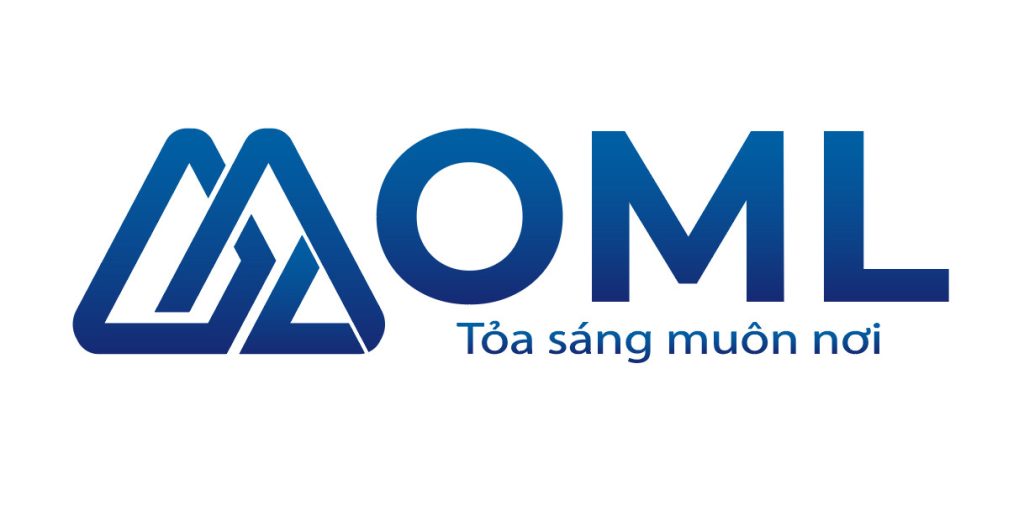Chưa được phân loại
Overcoming Addiction with Blood & Shadow 2: A Personal Story
The Dark Descent
I’ll never forget the day my life spiralled out of control. I had just graduated from college and landed a high-paying job, but instead of feeling proud and accomplished, I felt lost and unfulfilled. It was as if all the excitement and anticipation leading up to this moment here had vanished, leaving me with an overwhelming sense of emptiness.
It started innocently enough – a few beers after work on Fridays, which gradually escalated into weekends spent partying and socialising. But soon, my substance use became a daily habit. I’d wake up in the morning feeling groggy and disoriented, only to find myself reaching for another drink or popping pills to alleviate the hangover.
As the months went by, I began to lose touch with reality. My relationships started to fray, friends drifted away, and work suffered. But despite the chaos I was creating around me, I couldn’t stop. It was as if an invisible force had taken control of my life, dictating every move I made.
The Wake-Up Call
It wasn’t until I hit rock bottom that I finally started to wake up from this haze. I’d been arrested for public intoxication and spent a night in jail, which served as a stark reminder of the destructive path I was on. The realisation that my addiction had become so severe it could land me behind bars sent shockwaves through my system.
As I sat in that cold cell, something inside me shifted. It wasn’t just fear or regret – it was a deep-seated desire to break free from this toxic cycle and reclaim control over my life.
The Road to Recovery
That’s when I stumbled upon Blood & Shadow 2, an innovative program designed specifically for individuals struggling with addiction. Developed by Dr. Emma Taylor, a renowned expert in the field of substance abuse, B&S 2 offered a holistic approach that addressed not just the physical aspects of addiction but also its emotional and psychological underpinnings.
The first thing I noticed was the emphasis on community and accountability. As part of the program, I’d be participating in group therapy sessions with others who were going through similar struggles. This sense of camaraderie and support was incredibly powerful – for the first time, I felt like I wasn’t alone in this fight.
Cognitive Behavioral Therapy (CBT)
One of the core components of B&S 2 was CBT, a type of psychotherapy that focuses on identifying and changing negative thought patterns. Through this process, I began to understand how my addiction had become an ingrained coping mechanism – it allowed me to avoid dealing with underlying emotions and traumas.
By working through these painful memories and learning new coping strategies, I slowly started to develop a more optimistic outlook. For the first time in years, I felt like I was taking responsibility for my life, rather than letting external circumstances dictate every move.
Mindfulness and Meditation
Another critical component of B&S 2 was mindfulness and meditation practice. At first, it felt awkward and unnatural – but as I continued to participate in regular sessions, I began to experience profound shifts within myself.
This newfound sense of calm and clarity helped me navigate the intense emotions that had driven my addiction for so long. It also enabled me to connect with others on a deeper level, fostering genuine relationships rather than just superficial ones.
The Power of Connection
One of the most transformative aspects of B&S 2 was its emphasis on social connections and community building. As part of the program, I participated in various group activities – from art therapy to sports teams – that allowed me to bond with fellow participants.
For someone who’d spent years isolating himself from others due to shame and fear, this sense of belonging was revolutionary. I started attending support groups outside of the program as well, which provided a safe space for sharing my story and receiving encouragement from like-minded individuals.
Overcoming Stigma
One of the most significant obstacles in recovering from addiction is overcoming the stigma surrounding it. For far too long, society has viewed those struggling with addiction as weak or morally flawed rather than sick. This pervasive attitude makes it nearly impossible to seek help – and even more difficult to maintain a sense of dignity while doing so.
B&S 2 took a bold stance against this stigma by embracing the complexities of addiction and providing a safe, non-judgmental space for participants to explore their struggles. By acknowledging that addiction is not about willpower or personal failing but rather a treatable medical condition, the program helped me break free from feelings of shame and self-loathing.
A New Chapter
As I reflect on my journey through B&S 2, it’s clear that recovery isn’t just about overcoming addiction – it’s about rewriting your entire story. For years, my life had been defined by substances and destructive habits. But with the support of this program, I’ve started to create a new narrative, one where resilience, self-awareness, and compassion take center stage.
Today, I’m proud to say that I’m in long-term recovery – not just from addiction but from the emotional and psychological wounds that fuelled it. While there are still setbacks and challenges along the way, I know I have the tools and support system necessary to navigate them with greater ease.
If you or someone you love is struggling with addiction, I urge you to seek help. Don’t let shame or fear silence your voice – instead, join a community that will uplift and empower you on this journey towards healing and transformation.
